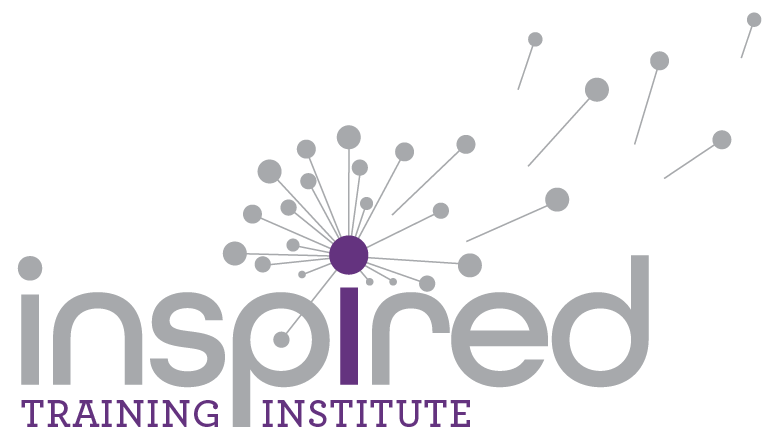The Great Resignation and 3 Tips for Employee Retention
I recently had coffee with a former coaching client, I will refer to her as Betty, who has been with her company for 5 years and is feeling unsettled. She has a desire for something more in her professional life, but is uncertain of what “it” is. As we pondered possibilities, Betty spoke of the importance of finding a role that would bring her happiness and fulfillment.
The U.S. is currently deep in the throes of the Great Resignation, and experts estimate that 48% of Americans are actively searching for new jobs. Like Betty, some people are leaving their jobs for more flexibility and more happiness. I have watched other people “hang on” in jobs they disliked through the pandemic and who are now contemplating their next steps. I have worked with still others who have realized through the pandemic that life is simply too short to stay in lousy jobs and who are now considering other options.
Whatever the reason, the fact is people are leaving jobs in massive numbers. Across the board, all industries, all types of jobs, we are seeing the challenges companies are facing in retaining talent. As leaders within organizations, it is imperative for you to understand the engagement and satisfaction levels of your employees, address burnout, and invest in flexibility.
THREE TIPS FOR AIDING RETENTION THAT YOU CAN START TODAY ARE TO:
Actively demonstrate care and concern: A positive theme that emerged during the pandemic was a level of care and concern for employees and colleagues that, I would argue, didn’t exist previously. We asked how people’s children were doing and how remote school was impacting them. We learned each other’s pets names and asked to see them on camera. We took the time to simply check in with one another.
Why did it take a pandemic to show this type of compassion for one another? Now that more people are returning to pre-COVID busyness, we seem to have forgotten a bit of that care and compassion. To positively impact retention, continue to find ways to model and promote that care and concern because teams work better when they care for one another.
Be open to flexible work arrangements: One theme I have heard over and over is that employees want flexibility in their work. There are a lot of companies that found success during the pandemic and, in fact, thrived financially. They were able to do that with staff working in a variety of ways – in office, at home, and hybrid (combination of both at home and in office). The days of convincing employees that “butts in seats” are required in a physical office for a company to be successful are gone.
How can you find ways to allow flexibility that works for the business and your employees? Flexible work arrangements will continue to be a selling point for job seekers and an attractive retention tool for existing employees. Your role is to figure out how to honor the need for flexible work arrangements and maintain the culture of your team or organization. Be creative.
Remember the importance of recognition and praise: Research by Gallup shows that praise is powerful. According to their research, employees who didn’t receive recognition or praise for doing good work in the past seven days reported they were twice as likely to quit in the next year. Providing consistent feedback to employees helps them understand their contribution to the organization and that those contributions are valued.
So often, we expect increased compensation to be enough to encourage employees to stay and be loyal to the organization. Everyone deserves a fair wage, but increasing wages alone is not enough to retain people. People, like Betty, are more engaged if they experience regular and consistent recognition and praise. The most simple way to do this is to have a conversation to thank her, making sure you are specific and intentional about what Betty did and her importance to the organization. You can also:
• Write a hand-written note
• Leave or send someone their favorite treat with a note
• Send a small gift card
• Treat the team to lunch
• Allow your team to log off early on the day before a holiday weekend
• Encourage (and model) well-being by using vacation time, taking sick days when needed, taking a lunch break, making emotional and physical health a priority
The world of work has shifted significantly in the last 18 months, and now it’s up to you, as leaders, to retain your most valued employees by inspiring them and giving them a reason to stay.

